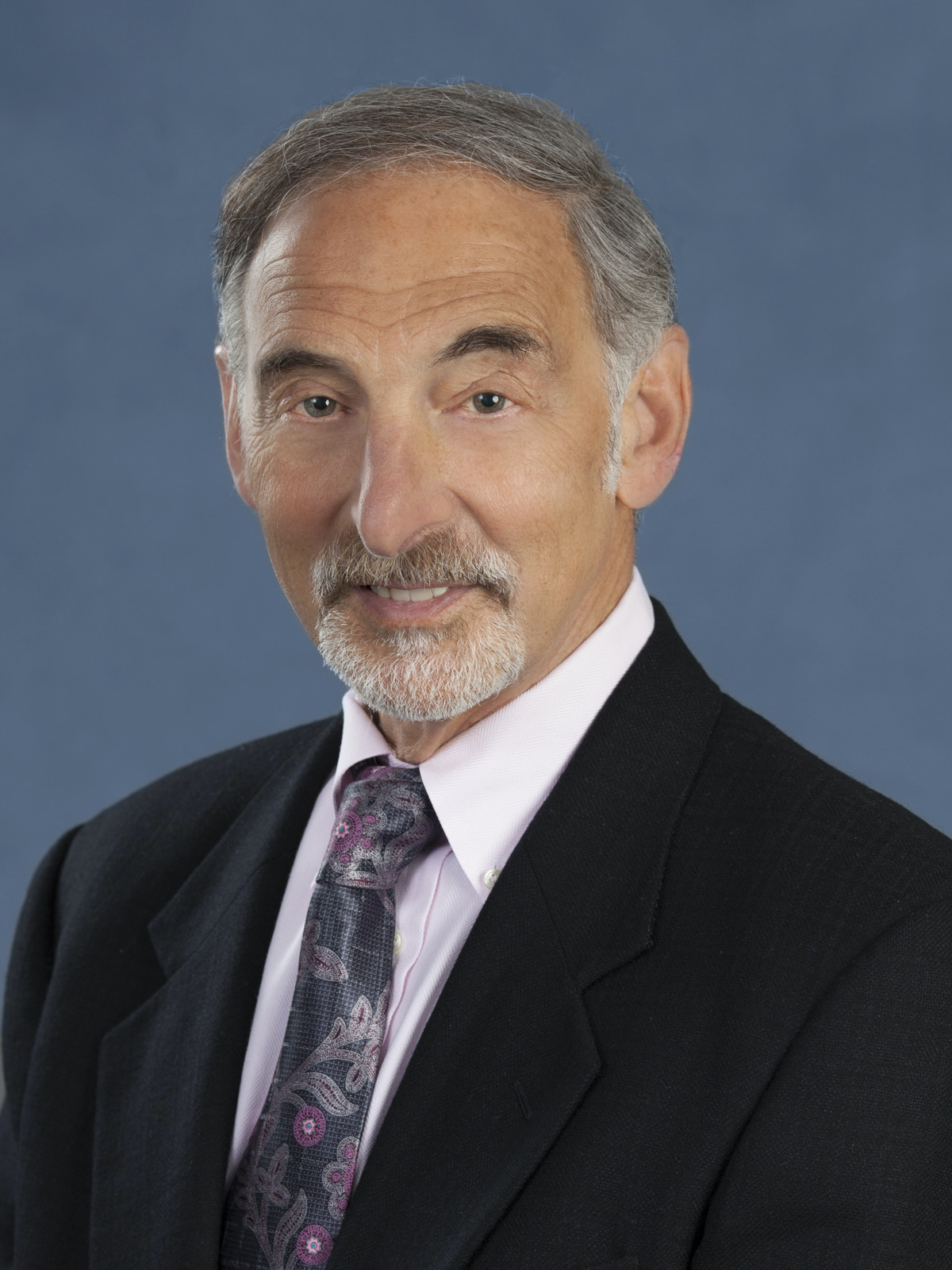Bladder cancer: The common cancer no one talks about

Miami, Florida (February 9th, 2021) – Bladder cancer is among the most common malignancies, ranking #5 for men and #8 for women. The prevalence of bladder cancer in North America and Europe has entered the 100,000s as the majority of patients with bladder cancer have tumors confined to the surface. Although these tumors rarely metastasize or lead to the death of the patient, these individuals often develop new tumors that necessitate frequent monitoring visits to detect and treat these new or recurrent bladder tumors.
Dr. Mark S. Soloway is urologist & urology oncology at the Memorial Healthcare System in South Florida and internationally known for his basic and clinical research in the area of bladder cancer. He was the editor of two bladder cancer text editions sponsored in part by the World Health Organization and the International Society of Urology, which confirm that cigarette smoking is the leading cause of bladder cancer. Fifty to 70 percent of patients found to have bladder cancer have a history of cigarette smoking, while many of those who do not have nevertheless grown-up or worked in an environment with others who smoked. Experts often find themselves explaining to patients the striking similarity between skin cancer and bladder cancer in terms of the cause-and-effect relationship with a known cancer-causing agent and its development. Chronic sun exposure causes skin cancer, which may not manifest until decades later. Similarly, those who smoked cigarettes in their 20s–40s might go on to develop bladder cancer in their 60s, etc. In fact, the mean age for developing bladder cancer in the US is 65 years old.
The great majority of men and women with bladder cancer are diagnosed after blood is observed in the urine. Either it is easily visible (gross hematuria) or microscopic, with a prompt visit to the urologist being required for proper diagnostic studies.
Crucially, bladder cancer – also known as urothelial cancer of the bladder – is not one disease with a uniform pattern of growth and prognosis. The majority of cases consist of tumors confined to the bladder surface or urothelium and can be readily removed by a procedure termed Transurethral Resection of Bladder Tumor (TURBT). This is a minimally invasive outpatient operation that allows for tumor removal by placing a specialized endoscope (similar to a colonoscopy) into the bladder. The tumor is ‘cut out’ and submitted to the pathologist to determine the grade and presence or absence of any bladder wall invasion or growth.
“When patients have cancer, they are in a very vulnerable part of their lives, very concerned, and they’re very scared. But, if I can help them to make a difference in their life, and try to make their journey with cancer the best I can, I feel like I’m doing something good for them,” stated Dr. Soloway.
In general, doctors recommend a test to examine the inside of your urethra and bladder (cystoscopy) every three to six months for the first few years after bladder cancer treatment. After a few years of surveillance without detecting cancer recurrence, you may only need a cystoscopy exam once a year.
About Memorial Global Health:
Memorial Global Health provides personalized coordination of specialized and emergency medical services for adult and pediatric international patients. Memorial Healthcare System offers premier clinical expertise throughout their six hospitals including Joe DiMaggio Children’s Hospital, exclusively dedicated to the care of children. For more than 60 years, the physicians, nurses, specialists and healthcare professionals at Memorial have placed patients and their families at the heart of everything they do. The skilled team at Memorial offers patient-and-family-centered care by partnering with patients and their families.
About Memorial Healthcare System:
Memorial Healthcare System is one of the largest public healthcare systems in the United States and has served South Florida since 1953. Since, the South Florida community has benefited from compassionate healthcare delivered according to the service vision of Deeper Caring, Smarter Healthcare. Memorial has six hospitals and more than 150 employed physicians, who compose the Memorial Physician Group, a nursing home, home health services, research, and primary and urgent care centers and the South Broward Community Health Services. In 2013, Memorial Health Network led the way in putting the clinically integrated healthcare delivery model into action. By expanding on this new framework, Memorial will continue to improve the quality, efficiency and cost-effectiveness of the services they proudly provide.
For more information:
Memorial Global Health
1 (954) 265-3200
#MHSGlobal
WWW.MHS.NET/GLOBAL-HEALTH
Address: 3501 Johnson Street Hollywood, Florida 33021





